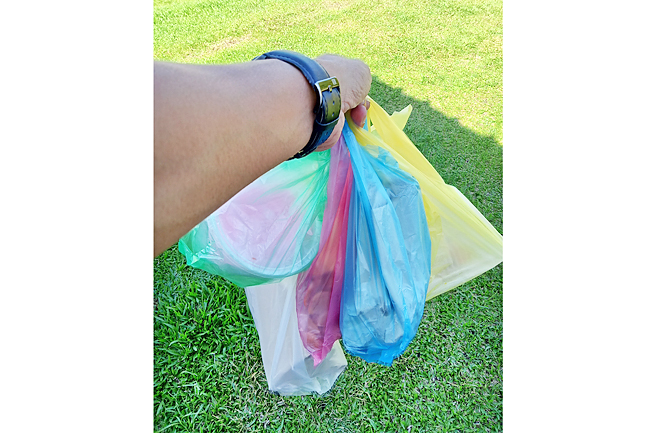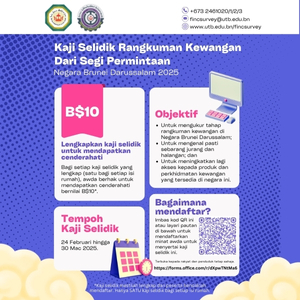Rokiah Mahmud
Food wastage is a major topic of discussion during the month of Ramadhan as food vendors, restaurants, cafes and stalls offer various types of foods, drinks, pastries and other delicacies in ala carte or buffet style.
It is harder to resist spending money on the to attractively low prices.
However, Brunei has significant issues of food wastage. Some 297,218 metric tonnes (MT) of food waste were generated in 2019. An average person in Brunei generates about 1.14 kilogrammes of solid waste making the Sultanate among the highest waste generators per capita in ASEAN.
Projek Ringkat Bersahabat, a group of friends running a tiffin food project, said that food wastage could be avoided by practising prudent spending. For example, patrons can only bring BND10, and once they have maximised their allocated budget, they can limit their food wastage.
They added that patrons can also decide in advance what they want to have for iftar, and only buy what they have a craving for and not other food they might not eat.

They advised visitors to practise moderation in spending and food consumption, especially when buying food at Ramadhan stalls or enjoying buffet spreads at restaurants, to prevent wastage and damaged health from over-indulgence.
Sahur Sengkarai and Ramadhan Bazaar Batu Satu Event Partner Abdul Khaliq Roziman said vendors joining the bazaar do not throw away leftovers; they are donated to mosques for the congregants after Sunnat Tarawih and Tedarus. Some also give extras to customers or just bring them home.
Saleha agreed that food wastage is a common issue and awareness should be raised.
She said a contributing factor is a diner taking more food than they can consume at a buffet.
Some overestimate their appetite and take more than one plate of food. Saleha believes it is a practice that should be discouraged.
She said diners should resist the temptation and only take enough food to satisfy the hunger to prevent wastage.
She noted that some restaurants charge customers for leftovers, an effort that she commends to deter diners taking more food than needed.
She also advised food stall vendors and restaurants to not prepare too much food. “They should have a good estimate of the amount of food to prepare based on stall visitors or bookings at restaurants. When they refill, they should provide just enough to prevent food wastage.”







